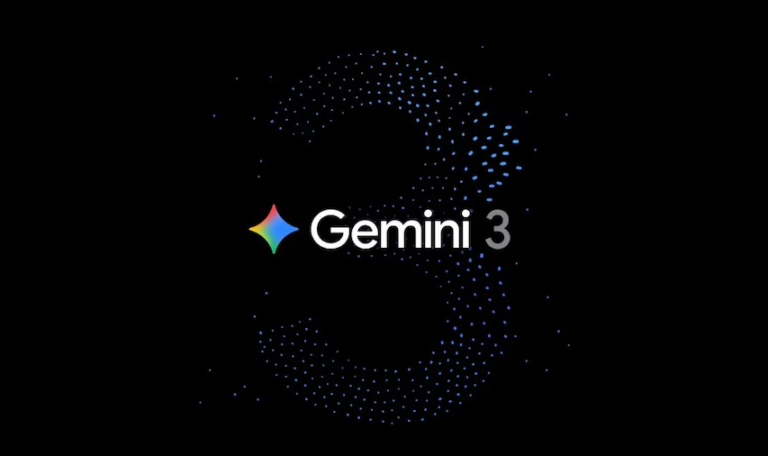
Apple’s much-anticipated iPhone Air, touted as the company’s thinnest iPhone ever, is facing unexpected hurdles in China. While the device is set to roll out in global markets this month, Apple quietly removed its preorder and launch dates from the Chinese version of its website. Instead, a note now says that release details will be “updated later,” signaling a delay in availability.
The Core Issue: eSIM-Only Design
The iPhone Air represents a bold step in Apple’s design evolution by shipping without a physical SIM card slot, relying entirely on eSIM technology. In markets like the United States, this transition has been relatively smooth. But in China, where physical SIM cards remain the norm and regulations around eSIM are tightly controlled, the move has created complications.
Regulatory and Carrier Readiness
The delay is rooted in China’s regulatory environment. For an eSIM-only phone to operate, the Ministry of Industry and Information Technology (MIIT) must approve its use, and major carriers need to provide full eSIM support. At present, only China Unicom offers limited eSIM compatibility, while China Mobile and China Telecom are still waiting for green lights to expand the service. Until all three operators align with regulatory requirements, the iPhone Air cannot officially launch.
Why This Matters for Apple
China is one of Apple’s largest and most competitive markets. A delay in the iPhone Air’s rollout could temper sales momentum, particularly as rivals like Huawei and Xiaomi continue to release flagship phones with both eSIM and physical SIM options. For Apple, the issue underscores the challenge of designing global products while navigating region-specific regulations.
Consumer Uncertainty
For Chinese consumers, the wait creates confusion. Those eager to experience Apple’s thinnest iPhone are left uncertain about when — or even if — the device will hit local shelves. Even international buyers traveling to China may find difficulties activating eSIM profiles with local carriers, further complicating the phone’s adoption.
A Broader Signal for the Industry
The iPhone Air’s delay is more than a product setback — it highlights the friction between cutting-edge design and regulatory oversight. As smartphones increasingly adopt embedded technologies, governments and carriers will be forced to adapt. In the long run, China’s cautious stance may accelerate the country’s eSIM infrastructure, but in the short term, Apple faces a rare stumble in one of its most critical markets.




